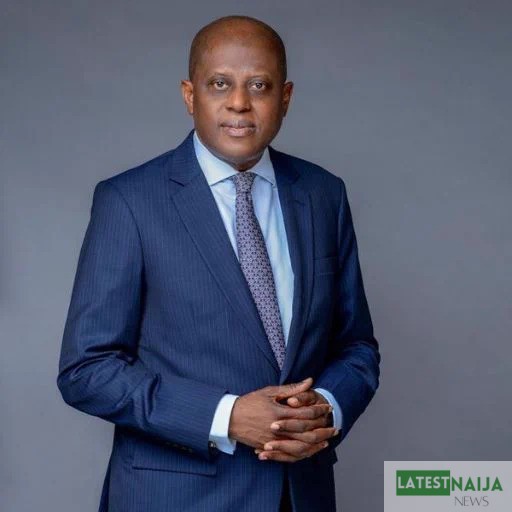In a significant development for Nigeria’s financial sector, the Senate is set to commence the screening process for Olayemi Cardoso as the potential Governor of the Central Bank of Nigeria (CBN) today.

Additionally, four nominees for the positions of CBN Deputy Governors will undergo scrutiny in preparation for the next five years of central bank leadership.
This announcement comes after President Tinubu’s approval of Cardoso’s nomination for the role of CBN Governor on September 15. Cardoso’s nomination has generated anticipation and interest within Nigeria’s financial circles, as well as among the public.
The Senate Leader, Senator Opeyemi Bamidele, issued an official statement from the Media Office outlining the Senate’s agenda following its annual recess. The statement disclosed that the Senate would resume its plenary session on Tuesday, September 26, with a primary focus on the crucial screening process.
Dr. Cardoso, if confirmed, will spearhead the nation’s central bank alongside four deputy governors. The Deputy Governor nominees include Mrs. Emem Nnana Usoro, Mr. Muhammad Sani Abdullahi Dattijo, Mr. Philip Ikeazor, and Dr. Bala M. Bello.
These nominees will play vital roles in shaping the economic policies and financial stability of Nigeria over the next five years.
In the statement, Senator Bamidele stated, “The Senate of the Federal Republic of Nigeria will resume plenary on Tuesday, September 26. We will consider the screening of Dr. Cardoso at the Committee of the whole.
“Dr. Cardoso will be screened alongside four deputy governors namely Mrs. Emem Nnana Usoro, Mr. Muhammad Sani Abdullahi Dattijo, Mr. Philip Ikeazor, and Dr. Bala M. Bello.
The Senate’s agenda does not end with the CBN appointments. On October 3, the Senate is scheduled to screen two ministerial nominees: Dr. Jamila Bio Ibrahim, designated as the Minister of Youth, and Mr. Ayodele Olawande, designated as the Minister of State for Youth.
The screening process is a pivotal step in the appointment and confirmation of key officials who will shape the nation’s financial and youth development policies in the coming years. Nigerians are closely watching these developments as they await the outcome of the Senate’s deliberations and decisions.


Comments are closed.